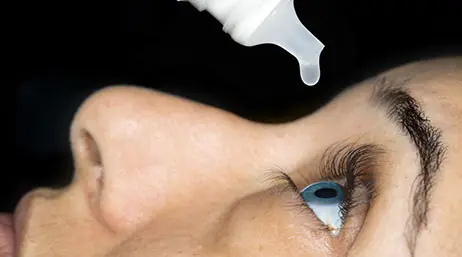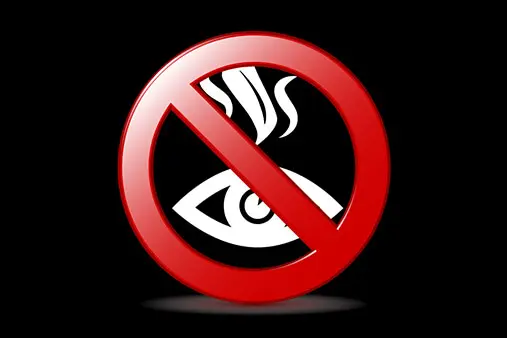While they may still be a few years away, scientists have taken a positive step towards developing drug-dispensing contact lenses. These contacts lenses could be used to treat glaucoma and other eye-related conditions, after findings have revealed that they would be as effective, if not more effective, as using eye drops.
Glaucoma is said to affect 500,000 people in England and Wales, while a large number more haven’t been diagnosed with the condition. On a global scale, it is the leading cause of irreversible blindness.
Eye drops can be difficult to apply for some, and that is why researchers believe that the introduction of contact lenses that gradually release medication directly into the eye could prove a much more gentle and convenient method of application.

Research was conducted at Harvard Medical School. Assistant professor, and an ophthalmologist at Massachusetts Eye and Ear Infirmary, Dr. Joseph Ciolino revealed that the compiled data proves “a lower-dose contact lens delivered the same amount of pressure reduction” as eye drops, while lenses with a higher dose “had better pressure reduction than the drops.”
The slow-release technology has been facilitated by adding a small film of drug-encapsulated polymers to the lens. This is added to the periphery, which means that the centre of the lens allows undisturbed visual clarity for the wearer. These contacts could be designed in a number of different prescription strengths, as well as in a zero prescription edition.
There is still a way to go before we see the lenses available from our opticians, and the next step for researchers will be to determine whether the lenses perform as well, and whether they are safe, for humans to wear.
Ciolino praised the development as raising “the possibility that we may have an option for glaucoma that's more effective than what we have today.”

















